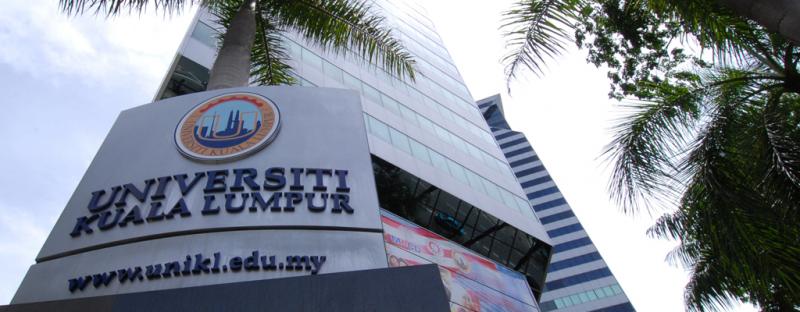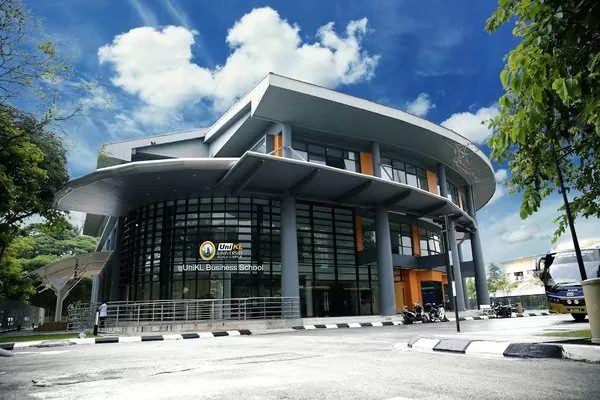Overview
The uniqueness of the master’s programme to be offered by UniKL-BMI is that students will be exposed to a range of the latest technologies and techniques in the field of Biomedical Engineering especially in clinical laboratory that will be useful for future graduate career development. Among the latest technology techniques that will be studied by prospect graduates encompasses transfusion technology, bioinformatics, alternative medicine and antibody engineering. In addition, prospect master students of this programme will also gain exposure of other fields because UniKL-BMI is always working closely with other institutes in transdisciplinary research such as advance Rehabilitation technology and Nano-technology.
Career Path : Biomedical Engineer, Scientist, Researcher
Programme Educational Objectives (PEOs)
- PEO 1
Establish themselves as practising technologist in the lifelong pursuit of knowledge and interdisciplinary learning appropriate for biomedical engineering industries or academic careers - PEO 2
Function effectively and efficiently as managing an organisation with teamwork skills, as well as verbal and non-verbal interpersonal communication skills. - PEO 3
Continue education towards the importance of lifelong learning and continuous improvement - PEO 4
Establish themselves as a practising professional in the field of biomedical engineering technology - PEO 5
Establish themselves as technologist embarking on business and technopreneurial activities in biomedical engineering field
Programme Learning Outcomes (PLOs)
At the end of the programme, graduates must be able to:
- PLO 1
Demonstrate continuing and advanced knowledge and have the capabilities to further develop or use these in new situations or multi-disciplinary contexts - PLO 2
Analyse and evaluate problems in the discipline critically particularly in situations with limited information and to provide solutions through the application of appropriate tools and techniques; - PLO 3
Appraise available information and research evidence and apply it in the engineering context; - PLO 4
Plan and perform research undertakings professionally, ethically and responsibly; - PLO 5
Report technical findings in both written and oral forms; and; - PLO 6
Recognise the needs for continuing professional development
Admission
Entry Requirement
General Requirements
- A Bachelor’s degree in the field or related fields with a minimum CGPA of 2.50 or equivalent, as accepted by the HEP Senate; or
- A Bachelor’s degree in the field or related fields or equivalent with a minimum CGPA of 2.00 and not meeting a CGPA of 2.50, can be accepted subject to rigorous internal assessment.
- Candidates without a qualification in the related fields or working experience in the relevant fields must undergo appropriate prerequisite courses determined by the HEP and meet the minimum CGPA based on (i) to (ii).
International Student
- IELTS 5.0 OR TOEFL 500 OR its equivalent
- Students who enroll with qualification from institutions that fully use English as the language of instruction or from English speaking countries are EXCLUDED from the requirements of competence in English language as stated above
Fees
- Malaysian: RM17,080(Full Time) & RM 17,470.00 (Part-Time)
- International: RM25,870
Programme Structures
- (WEG60103) Research Methodology
- (WEG60203) Innovation Technology & Entrepreneurship
- (BMG 61044) Human Anatomy and Physiology
- (BMG 61104) Medical Ethic and Regulation Practice
- (BMG 61204) Medical Device Technology
- (BMG 62104) Biomedical Imaging
- (BMG 61304) Healthcare Technology Management
- (BMG 63004) Rehabilitation Engineering
- (BMG 63104) Nanomedicine Technology
- (BMG 63204) Biomedical Data Analytics and Artificial Intelligence
- (BGG 60304) Dissertation 1
- (BGG 60406) Dissertation 2














